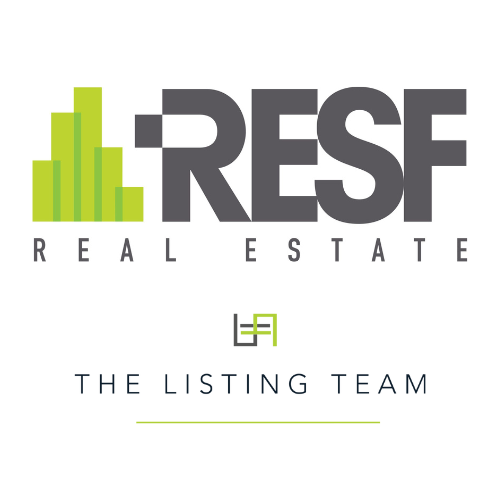Planning to buy a home in 2025? With only a few days left ‘til the new year, it may seem like an extremely distant and daunting goal. But the good news is that you still have the whole year ahead of you, which means you can take it step by step. Getting started today is already a huge feat, so here’s a comprehensive guide that you can use to navigate through this journey toward your homeownership dreams.


Buying a home is one of the biggest and most significant financial decisions you will ever make. This is why it’s critical to ensure that your finances are in order. Homeownership is already complex as it is, so you need to have a clear understanding of your current financial status before buying. Here are some things to consider:
-
Assess your savings and see if you have an emergency fund in place.
Start by evaluating your current finances, including your sources of income and savings. List down your after-tax income, cash savings, investments, and inheritances, making sure to leave out your retirement account. Ensure that you also have an emergency fund in place, which is recommended to be three to six months’ worth of living expenses to cover any unexpected costs.
-
Track your spending habits.
Tracking your expenses gives you a clearer picture of how you’re spending your money. Are you still paying for an unused gym membership? Are there any subscriptions you’re not getting your money’s worth? Have you been spending more on restaurant meals recently instead of cooking at home? When you closely monitor your fixed expenses as well as discretionary spending, you’ll be able to avoid impulse purchases and instead allocate the extra money towards your goal.
-
Keep an eye on your credit score.
If you still aren’t keeping an eye on your credit score, now is the time to start. Your credit score is one of the foundations of buying a home as it can make or break your ability to get a mortgage. The stronger it is, the easier it will be for you to secure the best mortgage rates. Conventional loans often have a minimum credit score requirement of 620 or higher. On the other hand, programs like FHA loans may allow for lower scores. To prepare for a successful home purchase, it’s essential to boost your credit score in advance. Here are some steps you can take to strengthen your credit:
-
Review your credit report from all three major bureaus (Experian, Equifax, and TransUnion) to ensure there are no errors. Dispute any inaccuracies as soon as possible as any mistake can harm your report.
-
Pay all your bills on time.
-
Pay down credit card balances and other high-interest loans to improve your debt-to-income ratio.
-
Avoid opening new lines of credit while preparing for your home purchase.

-
Understand market trends in your target area
Housing markets vary greatly. Some areas lean toward buyers, while others remain as seller’s markets. In many areas, the housing market slows in the winter months and picks up in the spring and summer. This means that buying a home during off-peak seasons may give you more negotiating power while purchasing during peak seasons can increase competition. Understanding where your market stands can help you recognize opportunities and make informed decisions.
-
Monitor interest rates
During your prospective purchase period, any potential changes in interest rates and housing costs could directly impact your purchasing power and monthly payments. Interest rates are still unpredictable, so it’s important to monitor them over time. If rates seem favorable, it may be worth locking in your rate sooner rather than later.
Just remember that the perfect time to buy is when the home fits your needs, lifestyle, and budget, regardless of whether rates are up or down. You have the option to refinance later if rates improve.

Home loan programs aren’t one size fits all. As a first-time home buyer, you’ll want to explore your options. Start by researching the different types of mortgages and loan programs available, as each loan type comes with its own benefits and requirements. Here are a few of them:
-
Conventional loans are great if you have a solid credit score and sufficient savings as they typically require a 20% down payment but offer competitive interest rates.
Government-backed loans such as:
-
FHA loans are geared toward borrowers with lower credit scores or smaller down payments.
-
USDA loans often require no down payment and are perfect for rural and suburban buyers.
-
VA loans are low or zero-down payment mortgage options perfect for eligible veterans, active-duty military members, and their surviving spouses.
-
Other kinds, such as fixed-rate mortgages, adjustable-rate mortgages, jumbo loans, among others.
Understanding the various types of mortgages is essential so you can sort through your options and find the one that best fits your needs and financial situation.

First-time home buyers often qualify for special benefits and programs, including lower minimum down payment, special grants, assistance with paying closing costs, tax credits, and other valuable resources to make homeownership more affordable. They may be available through the state, county, and city governments, so it’s always worth checking to see the specific offerings available in your desired area.
A quick web search will help you find specific sources of government help. If you want to take it a step further, contact your state or county housing authority. You may also reach out to your local government office and check if there’s any housing assistance department.
[To be continued…]
